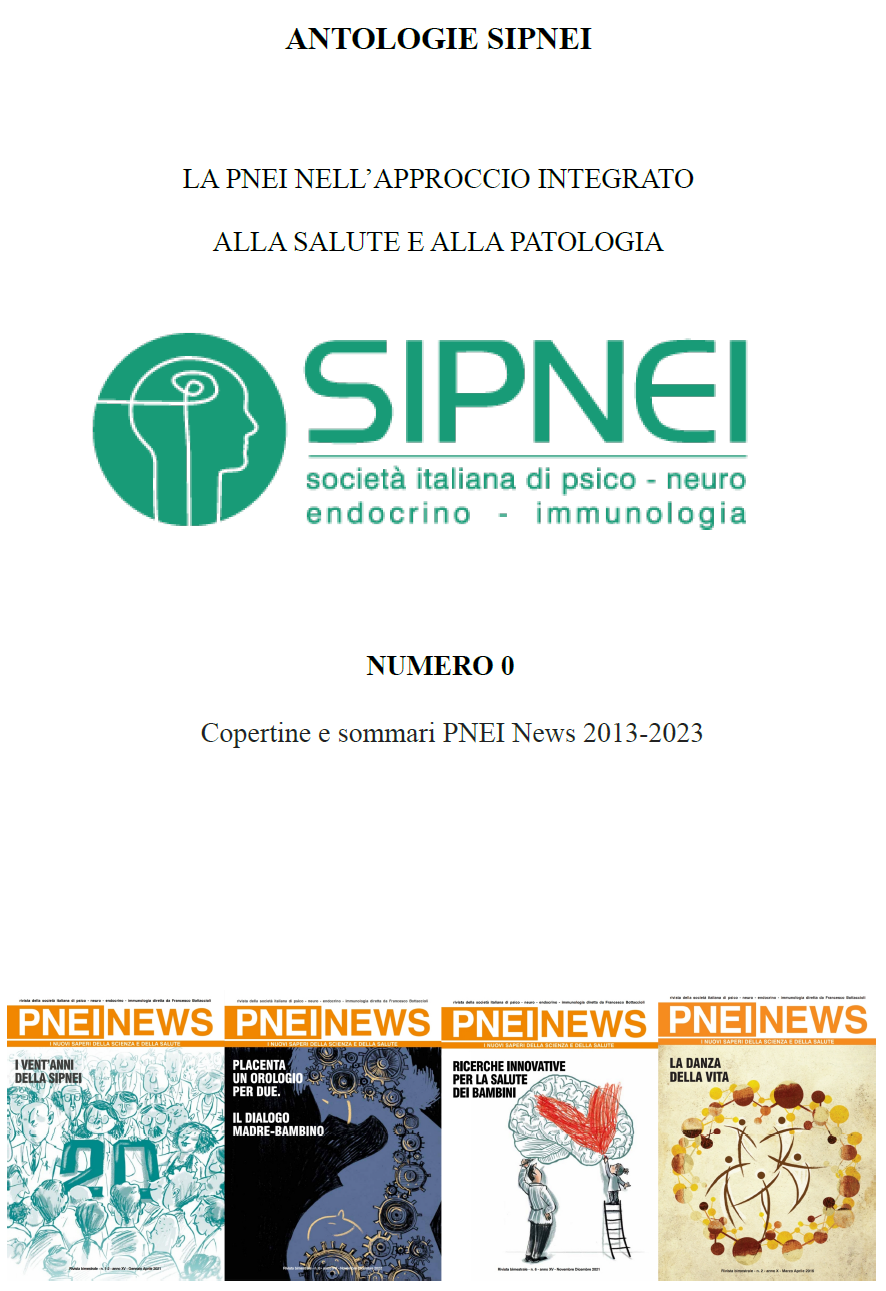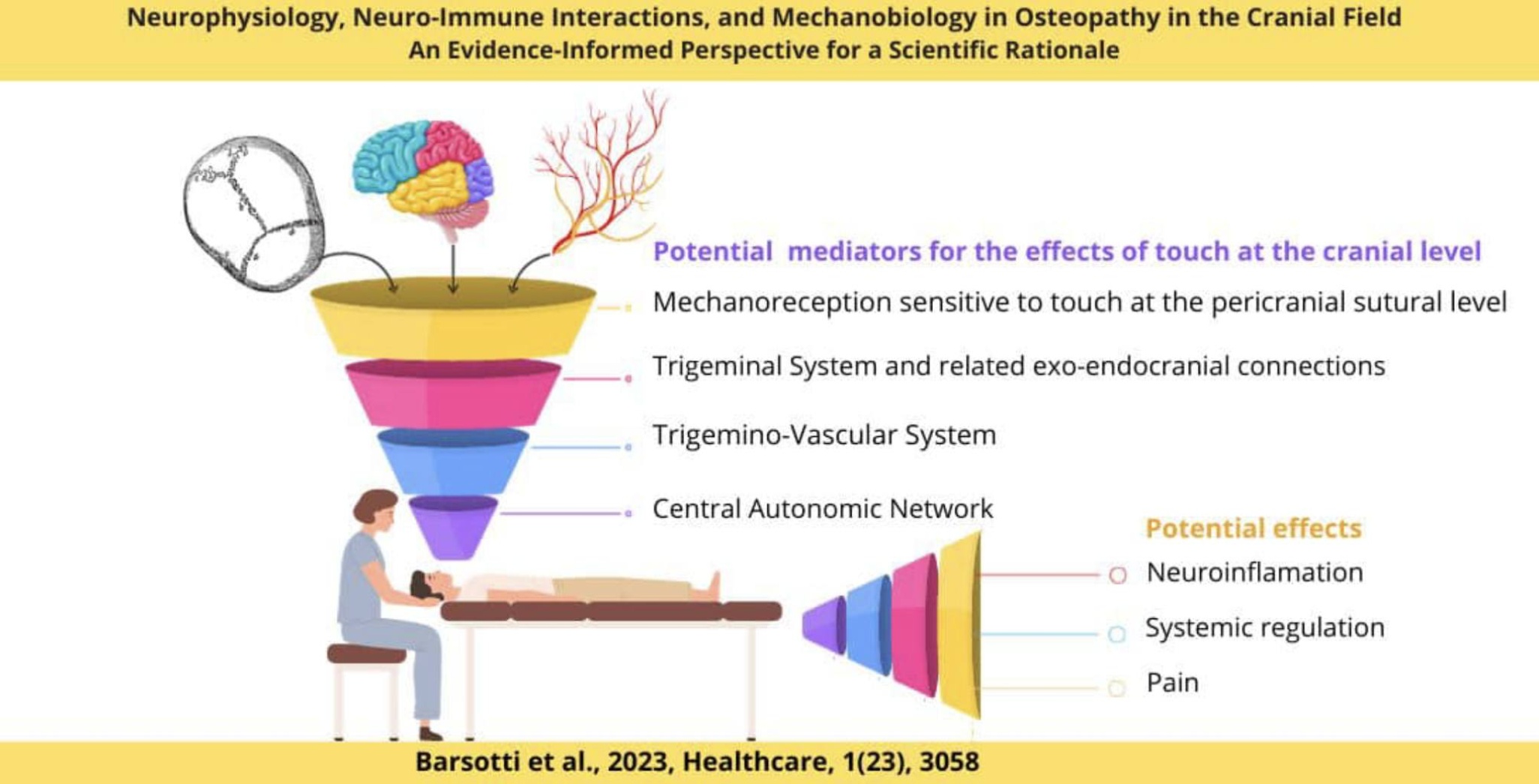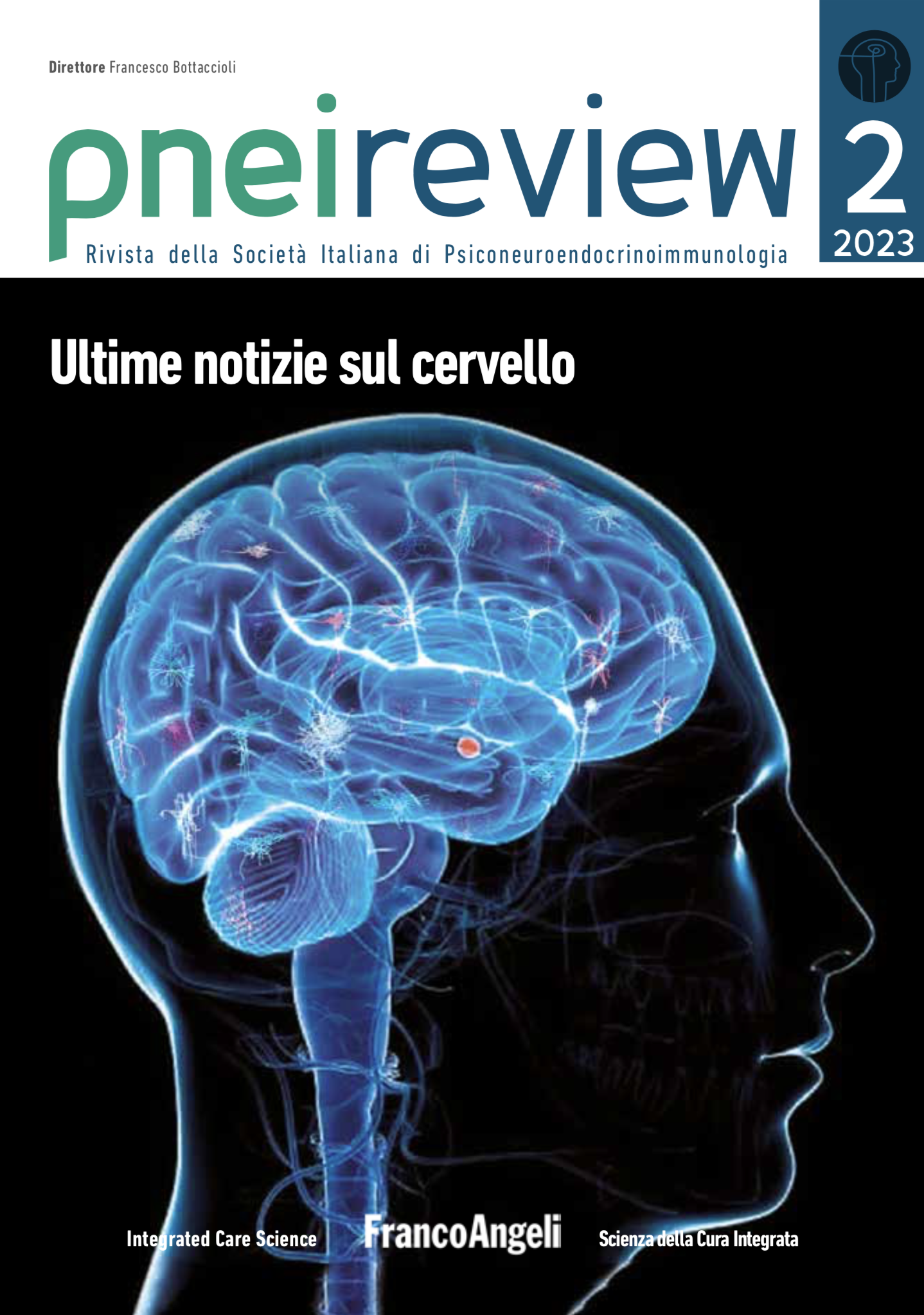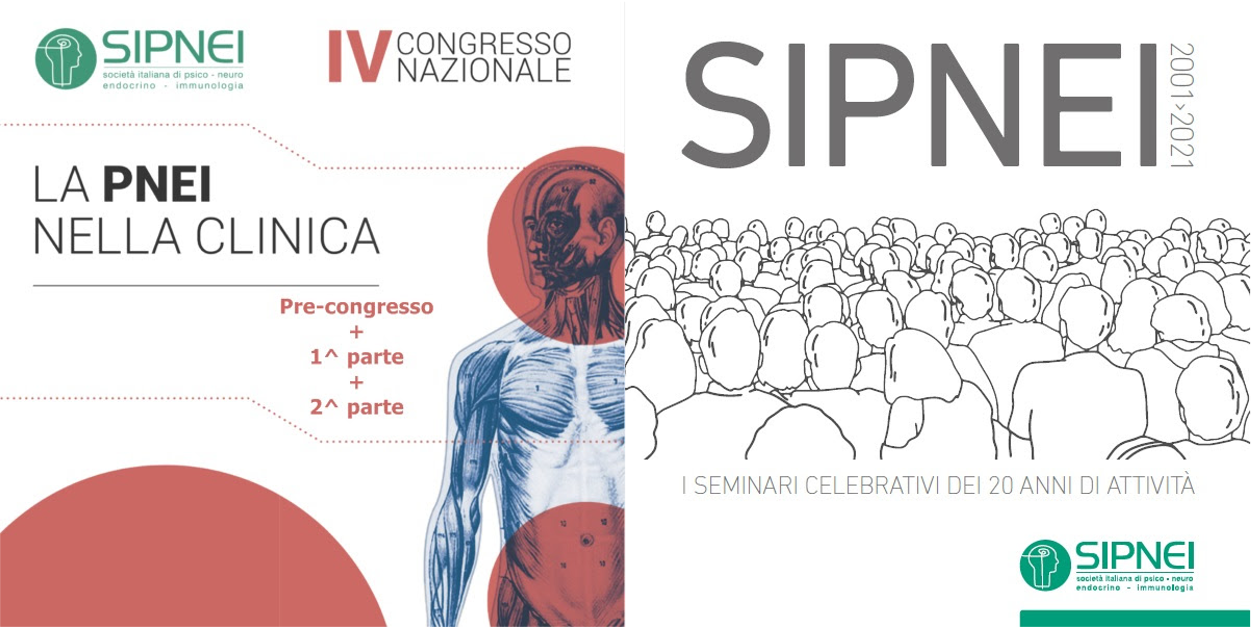Sharon H. Chou a, John P. Chamberland a, Xiaowen Liu a, Giuseppe Matarese b,c, Chuanyun Gao a, Rianna Stefanakis a, Mary T. Brinkoetter a, Huizhi Gong a, Kalliopi Arampatzi a, and Christos S. Mantzoros a,d,e,1.
a Division of Endocrinology, Diabetes, and Metabolism, Department of Medicine, Beth Israel Deaconess Medical Center, Harvard Medical School, Boston, MA 02115; b Laboratorio di Immunologia, Istituto di Endocrinologia e Oncologia Sperimentale, Consiglio Nazionale delle Ricerche and c Dipartimento di Biologia e Patologia Cellulare e Molecolare, Università di Napoli Federico II, Naples 80131, Italy; d Section of Endocrinology, Boston Veterans Administration Healthcare System, Harvard Medical School, Boston, MA 02130; and e Department of Environmental Health, Harvard School of Public Health, Boston, MA 02115
Hypothalamic amenorrhea (HA) is associated with dysfunction of the hypothalamic-pituitary-peripheral endocrine axes, leading to infertility and bone loss, and usually is caused by chronic energy deficiency secondary to strenuous exercise and/or decreased food intake. Energy deficiency also leads to hypoleptinemia, which has been proposed, on the basis of observational studies as well as an open-label study, to mediate the neuroendocrine abnormalities associated with this condition. To prove definitively a causal role of leptin in the pathogenesis of HA, we performed a randomized, double-blinded, placebo-controlled trial of human recombinant leptin (metreleptin) in replacement doses over 36 wk in women with HA. We assessed its effects on reproductive outcomes, neuroendocrine function, and bone metabolism. Leptin replacement resulted in recovery of menstruation and corrected the abnormalities in the gonadal, thyroid, growth hormone, and adrenal axes.We also demonstrated changes in markers of bone metabolism suggestive of bone formation, but no changes in bone mineral density were detected over the short duration of this study. If these data are confirmed, metreleptin administration in replacement doses to normalize circulating leptin levels may prove to be a safe and effective therapy for women with HA.
PNAS | April 19, 2011 | vol. 108 | no. 16 | 6585–6590
Neuroendocrinology. 2011;93(1):9-18. Epub 2010 Nov 24.






















Devi effettuare l'accesso per postare un commento.